“Ambitious”, “analytical” and “team player” – CBS’ new AI tool will tell you to keep these words out of job ads
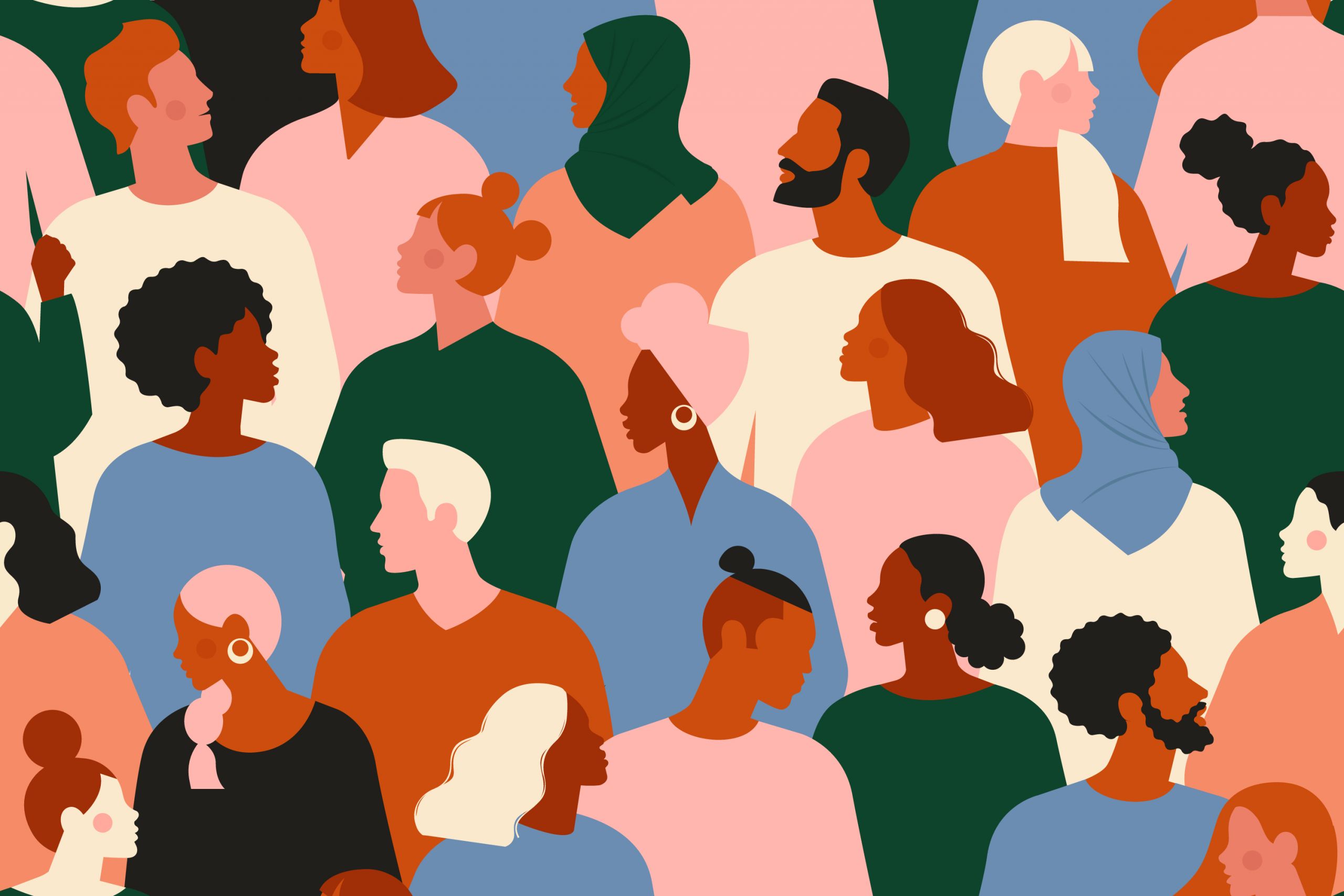
Photo: Shutterstock.
Can an AI tool improve diversity? That, at least, is the idea behind Develop Diverse, a new tool being implemented at CBS to attract a more diverse pool of candidates to job postings. The programme scans job ads for biased words and suggests more inclusive alternatives. According to Sofie Gottlieb, Diversity, Equity and Inclusion Lead, it has proven to increase the number of qualified applicants.
Sofie Gottlieb had used Develop Diverse at her previous employer, Danske Bank, so, when she started at CBS last summer, and one action point on the Action Plan for Gender Diversity in Leadership involved modifying the language in job ads, it was a no-brainer.
“It was the first thing I grabbed onto. Because it was easy, accessible, I knew it,” she says.
Senior Management also liked the tool and decided that it should be used for all job advertisements at CBS.
Develop Diverse is a bit like a spellchecker, but instead of spelling, it checks for stereotypes and bias and flags words that research has shown discourage certain groups. The tool scans for inclusion with regards to five categories: gender, age, ethnicity, physical ability and neurodiversity.
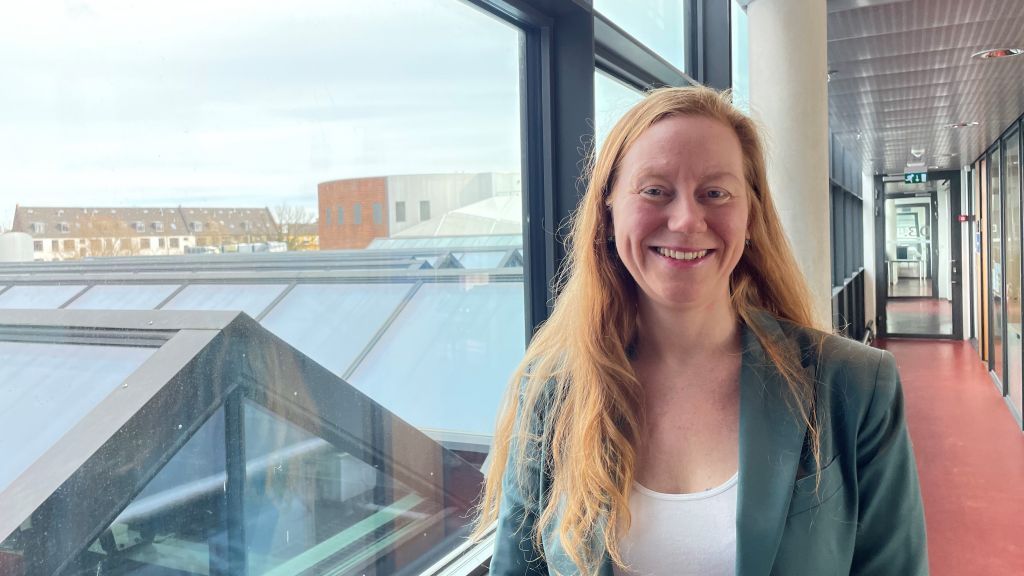
“All HR processes are obviously key when you work with diversifying your staff. And making those processes more inclusive. It’s your whole employee life cycle,” says Sofie Gottlieb, DEI Lead at CBS.
The tool is available to all CBS employees. The intended use, for now, is for job adverts, but it can also be used for example in marketing, external communications and even emails.
One word the programme highlights, as Sofie Gottlieb demonstrates on her screen, is “analytical”.
“This language expresses unconscious bias,” the programme states and suggests preferred alternatives like “organisational” or “technical”. It also shows which groups are discouraged by a term, in this case, women, disadvantaged ethnicities, disabled, neurodivergent.
“Words, language and narratives are used in context over time. And that means we tend to associate certain things with certain words or images. So, if we say engineer or priest, we all know what kind of picture comes into our head. It’s not that there are words that are bad,” Sofie Gottlieb explains.
A filter for corporate clichés
Another word that gets flagged is “ambitious”.
“Can’t women be ambitious? Can’t ethnic minorities be ambitious?”
“Absolutely. But the way the word ambitious has been used, it has baggage. It has been used much more about men than women. And it has been used more positively, or primarily positively about men.”
If we don’t attract people to apply, we don't even get a chance to meet them. That’s the salience of the job advertisement. It’s so early in the process.
Sofie Gottlieb, DEI Lead, CBS
“Help” also gets flagged, but this time because Develop Diverse considers it discouraging to men.
“It emphasises the concept of humility and being subservient. And we raise our boys to be assertive and agentic,” Sofie Gottlieb says.
The programme also calls out terms such as “team player” and “passion” as corporate clichés.
On the far right of the screen, a combined inclusivity score for the example text put in shows up: 77, marked in red.
“We want this to turn green, and it does when it reaches 90. The closer to 100, the better,” Sofie Gottlieb says.
Ultimately, it is up to the person writing the ad to choose if they want to change a word or not.
“You might need to write something about analytical. Okay, fine. But sometimes you also see a job advertisement where it’s like: “analytical, analytical, analytical, analytical”, and that’s also boring. Come on, we got it. There must be other things you can say about this job.”
Another level of HR bureaucracy
Cecilie Ostenfeld, Academic Officer at CBS Department of Digitalization, has used the tool to post vacancy announcements for her department. In the beginning, she was skeptical.
“Being in a department of digitalisation, I’m interested in how it works, where it gets its information, how the AI is adapted and the tech side. I thought that was pretty well explained in the onboarding video,” she says.
While most job ads scored well from the start, around 84, she has had to tweak some words. After a few times, she stopped using them.
It is great, but it’s also another bureaucratic level. The HR system is pretty hard to use and has a lot of steps, and this is another step.
Cecilie Ostenfeld, Academic Officer, Department of Digitalization
Now she is more positive about the tool.
“I like the learning behind it. When it highlights a word, I understand why and it also lets me know why or who it would discourage. If you take the time and read that, it’s knowledge broadening.”
However, it does require a relatively deep linguistic knowledge to not misstep when replacing terms with synonyms. And, she hopes it will be integrated when CBS rolls out a new HR system in the fall.
“It is great, but it’s also another bureaucratic level. The HR system is pretty hard to use and has a lot of steps, and this is another step.”
More qualified applicants
Changing job ads is only one part of improving diversity at CBS: “There is no silver bullet,” Sofie Gottlieb says. But she thinks this is an important first step towards a more diverse workforce at CBS.
“If we don’t attract people to apply, we don’t even get a chance to meet them. That’s the salience of the job advertisement. It’s so early in the process.”
At Danske Bank, Sofie Gottlieb saw how the number of qualified female applicants increased by 81% when the tool was applied in a department that had difficulty attracting women candidates. But, the number of qualified male applicants also went up by 39%.
“There were more qualified applicants in total. So, when we are inclusive on a broader scale, we see more qualified male applicants too. Even if we’re just measuring gender, we can see an effect. And we can guess that has to do with being inclusive on a broader scale.”
Changing processes before mindsets
Some people think diversity and inclusion is about changing organisational culture, Sofie Gottlieb thinks making processes more inclusive comes first.
“A lot of people start working with the culture and think they can change the structures and processes later on, because they perceive the organisation to not be ready. They think they need a mindset shift first. My experience is the opposite. You cannot really work with culture if you have structures that inhibit it. Or at least it can be difficult.”
One example is talent management, where many organisations have graduate programmes with an age cap in the mid-thirties.
“If you’re a talent, you’re below 35. That rests on a norm. That’s when you recently graduated. So, something that seems logical, neutral and normal is actually exclusive.”
One thing often discussed with regards to diversity and gender and recruitment is the bias of hiring panels. Are there any ongoing initiatives for the rest of the recruitment process?
“Nothing has been decided yet, except that we need to update and further develop our current equal opportunities policy. As well as including the guidelines for diversity, equity and inclusion in the recruitment process.
“Those are some of the discussions we will have over the next years. It’s not the next thing we’re doing, but it is in scope.”
What’s the next thing?
“The next thing around the corner is training. That’s in the action plan for gender diversity and leadership, but also in the Gender Equality Plan. For CBS, it’s really important to become more diverse, it’s one of our strategic goals. But hand in hand with diversity goes inclusion. And inclusion is, of course, everyone’s job.”

Photo: Shutterstock.
In the pipeline, are diversity and inclusion trainings and workshops, which will include parts dedicated to recruitment and selection.
At CBS, the priority and resources allocated to gender and diversity have grown in the last decade – Sofie Gottlieb sees her role, in which she is the first full-time employee, as a testament to that.
The position sits within People & Culture, under HR & Legal, collaborating closely with Equal Opportunities Officer Alex Klinge, who has been working in this area since 2017.
External pressures have played a role in accelerating the change. For example, Horizon Europe, the EU’s main research funding programme, now requires universities to have a Gender Equality Plan. In 2022, an exceptional year for Horizon Europe funding at CBS, the university received DKK 72 million from the fund – one third of all external grants. In prior years, the figure was around DKK 10 million, equivalent to between 5 and 9 percent of external grants.
A critical balance
CBS’ Gender Equality Plan, adopted in 2021, sets the goal that in working and learning environments, no gender should account for more than 60% at aggregate levels, meaning departments, units or study programmes.
“Any kind of majority beyond 70% becomes problematic. It becomes a very dominant majority, and we see minorities thriving much less,” Sofie Gottlieb says.
Across all employees, CBS already has a near 50/50 gender balance. But broken down, this hides both a horizontal gender segregation (between departments) and vertical segregation (between leadership positions and other staff). Administrative positions (TAP) are dominated by women (68%), whereas faculty (VIP) are mostly men (60%). Heads of department have the biggest gender discrepancy, with 82% being men.
On the student side, the gender balance varies greatly between programmes. Among bachelor’s programmes, three of them have a critical majority of men while three programmes have a critical majority of women. At master’s level, nine out of 23 programmes exceed the critical limit – seven of which are dominated by women.
Measuring diversity is tricky
One point she keeps returning to is that “it is not only about gender”. Diversity, however, is more difficult to measure. Many crucial aspects of diversity are also the most sensitive, and not, according to Danish law, allowed to track or measure.
But CBS does use one measure of diversity – the Simpson Diversity Index. Originally developed for measuring biodiversity, the index has become an internationally accepted way to measure demographic diversity.
Based on certain criteria, a score of 0 indicates complete homogeneity, whereas a score of 1 indicates maximum possible diversity. For staff at CBS, the score is 0.63. For students it is 0.48.
The index is used voluntarily by CBS which has no measurable goals for it. Sofie Gottlieb thinks it would be interesting to have an industry standard to benchmark against, but not all universities in Denmark use it.
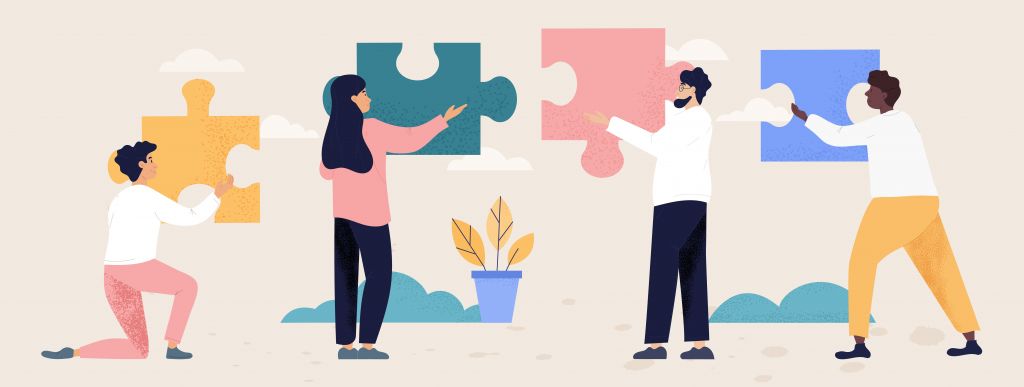
Photo: Shutterstock.
Sofie Gottlieb is reluctant to compare CBS to her previous employer. Though they are different types of organisations, she sees more similarities than differences.
“Everyone is concerned with: Are we worst in class? How are people going to look at us? There’s a lot of anxiety connected with this topic. I would like for us to feel a little more psychologically safe, because we need to feel safe to learn. And there’s a lot of learning going on when you work with diversity, equity and inclusion.”
Although Sofie Gottlieb thinks that Danish organisations have caught on more slowly to working with diversity and inclusion, compared to, for example, subsidiaries of American companies, she sees a growing recognition across industries in Denmark.
“If you catch me on a bad day, I think everyone is miles behind, because I have all these ambitions for us and we’re not there yet. But sometimes I turn around and look back, and I can see how far we’ve come.”



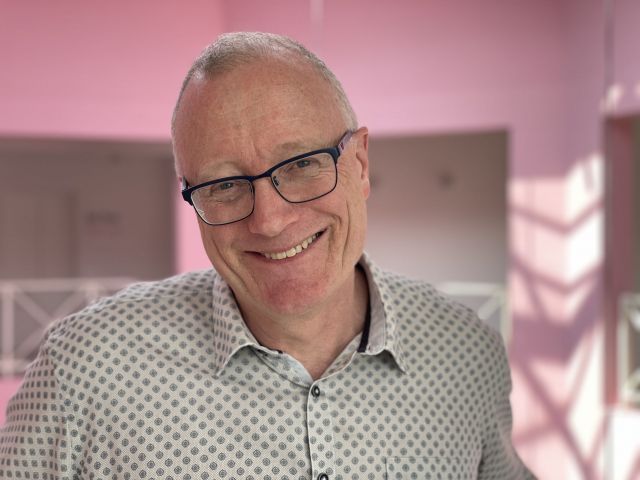
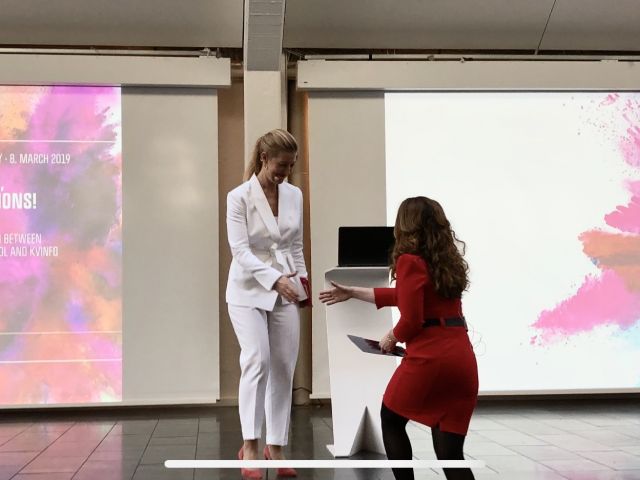
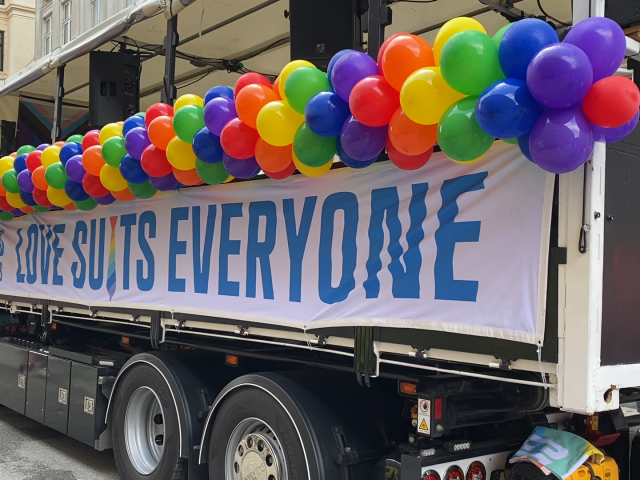
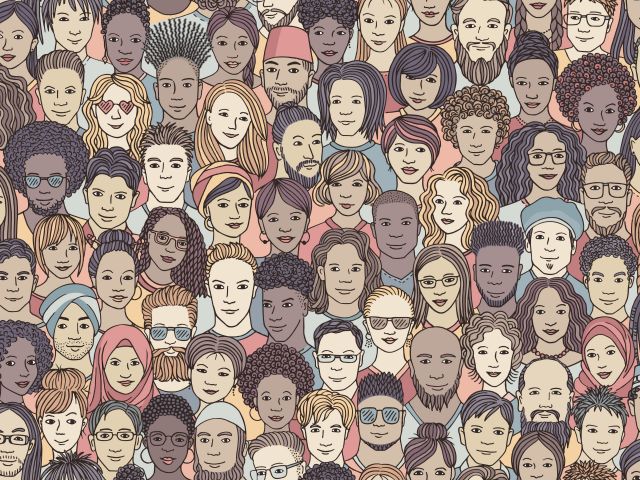
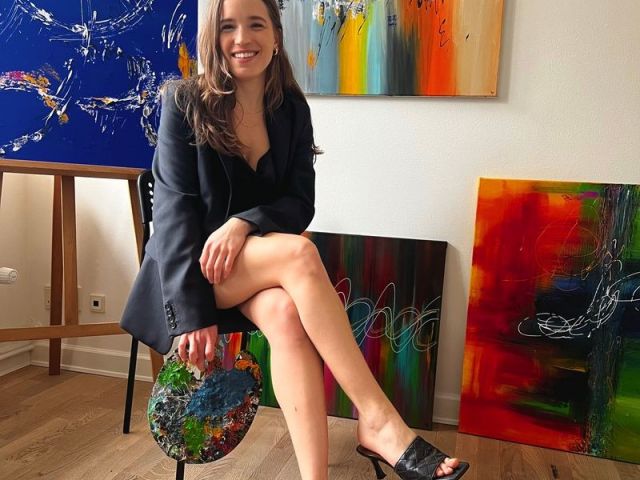
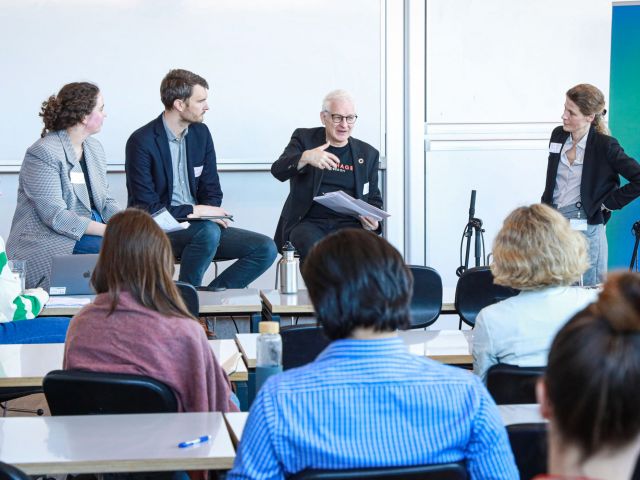





























































































































Comments